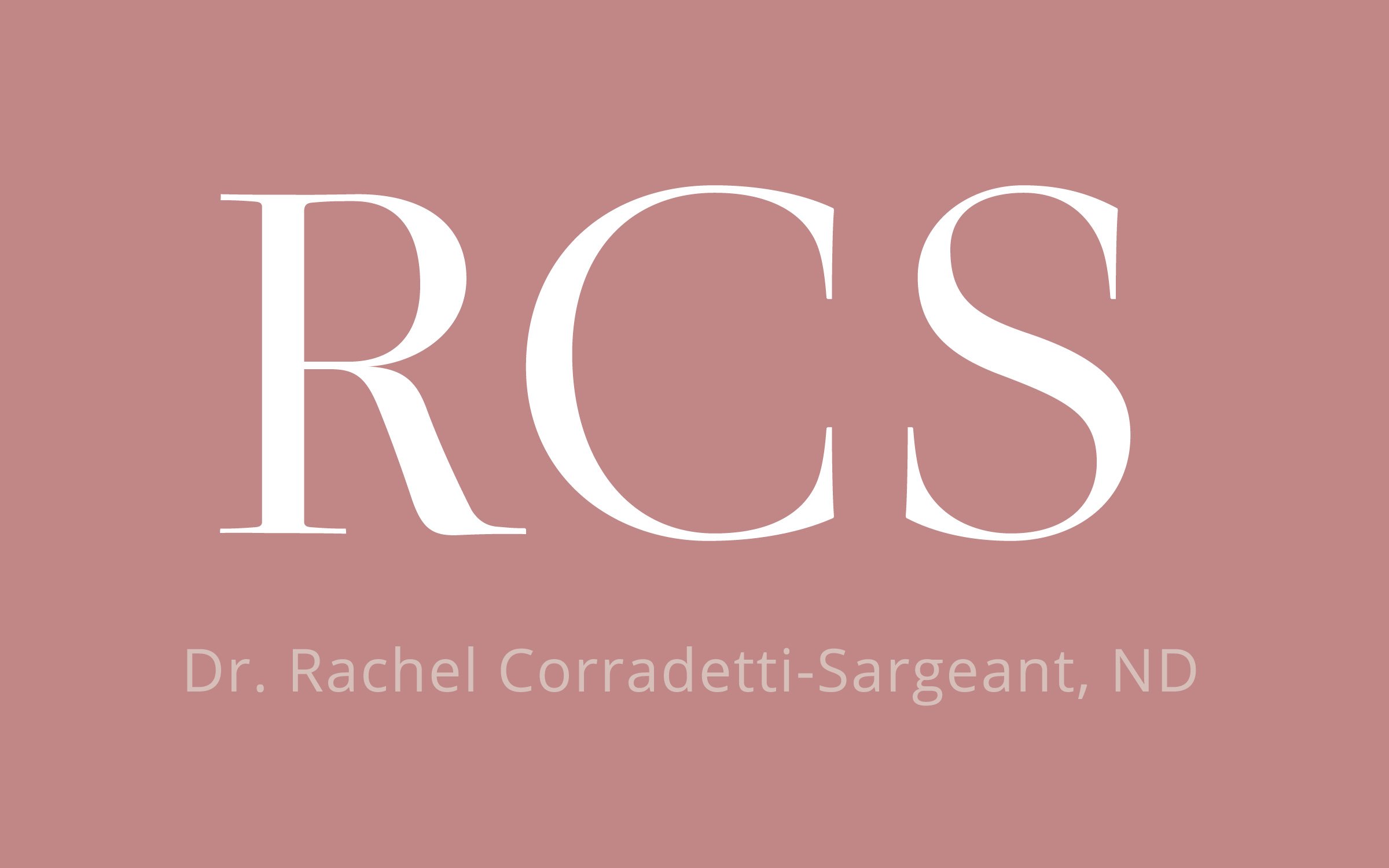Fertility Assessment
Cycle Day 3 Testing: estrogen, LH, FSH
Cycle Day 21 Testing: progesterone
Anytime: TSH, thyroid antibodies, fasting insulin, AMH, DHEA, prolactin, total testosterone, androstenedione, and free testosterone, fasting insulin
We can learn so much from baseline fertility hormone assessments. I’ll break down the top tests below…
Cycle Day 3 Testing: These tests are conducted on the 3rd day of full bleeding (CD 1 is always the first day of full bleeding). Your hormones are the most quiet at this point, and it gives us a good understanding of their baseline levels.
Estrogen - This is the hormone that is produced as the follicle (the sac that contains the immature egg cell aka. oocyte) grows and the egg develops. Estrogen helps build the uterine lining and helps stimulate cervical mucus production. We want to be sure estrogen isn’t too high or too low.
FSH - This is follicle stimulating hormone. It is released to stimulate the growth of the follicle. We want to ensure it isn’t too high (which could indicate the beginning of perimenopause) and also not too low, which could indicate hypopituitarism.
LH - This is luteinizing hormone, the hormone that stimulate ovulation. It should be quiet on CD 3 since there shouldn’t be an egg ready to ovulate at that time (it’s too early in the cycle). We want to be sure this level isn’t 2 times higher than FSH, which could indicate polycystic ovarian syndrome (or PCOS). This is the hormone that is tested with at-home ovulation predictor kits.
Cycle Day 21 Testing:
Progesterone is the primary hormone to test on cycle day 21 or, ideally, 7 days post-ovulation. It is the hormone created by the corpus luteum after ovulation. It helps to maintain the uterine lining and create a nice, cozy nest where the embryo can implant. Testing on cycle day 21 will indicate whether or not you have ovulated, and whether or not your progesterone levels are high enough to support a pregnancy. This hormone can be tested through the blood, but also with an at-home test called Proov.
Anytime: These hormones can be tested at any time in the cycle:
TSH, Free T4, Free T3 & Thyroid Antibodies - These are all markers of thyroid function. The thyroid gland sets the metabolic rate for the body. We want to ensure that metabolism is functioning optimally in order to allow for a healthy menstrual cycle with ovulation.
AMH - Anti Mullerian Hormone tells us about the number of eggs available for fertility. It doesn’t give us a specific number so I like to think of it like a wifi signal. The higher the AMH number the more eggs we have left in the bank and vice versa. However, if AMH is too high it can indicate granulosa cell tumours or PCOS.
Prolactin - This is the hormone that stimulates breast milk production. It should not be elevated in non-lactating patients. If it is, it can indicate pituitary gland issues that could be shutting off ovulation.
Total & Free testosterone, Androstenedione and DHEA - these are all forms of androgens aka male pattern hormones. Females will have these hormones present in varying degrees, but when these levels are too high it can indicate PCOS, which will cause ovulatory issues.
Fasting Insulin - this is metabolic hormone that is involved in the management of glucose levels. When it is too high it can indicate that the body is having a difficult time managing blood sugar (glucose) levels. This can result in difficulty getting a follicle to develop, which could impact egg quality and ovulation frequency.
Remember, imaging like pelvic ultrasounds and sonohysterograms, as well as further blood work like nutrient, metabolic and inflammatory testing are equally as important to understand your baseline fertility status. I won’t go into those details today, but keep in mind that you’ll want to know about these things, too. You’ll know you have a good team in place if all of these things are being taken into consideration when your preconception care plan is being organized.
